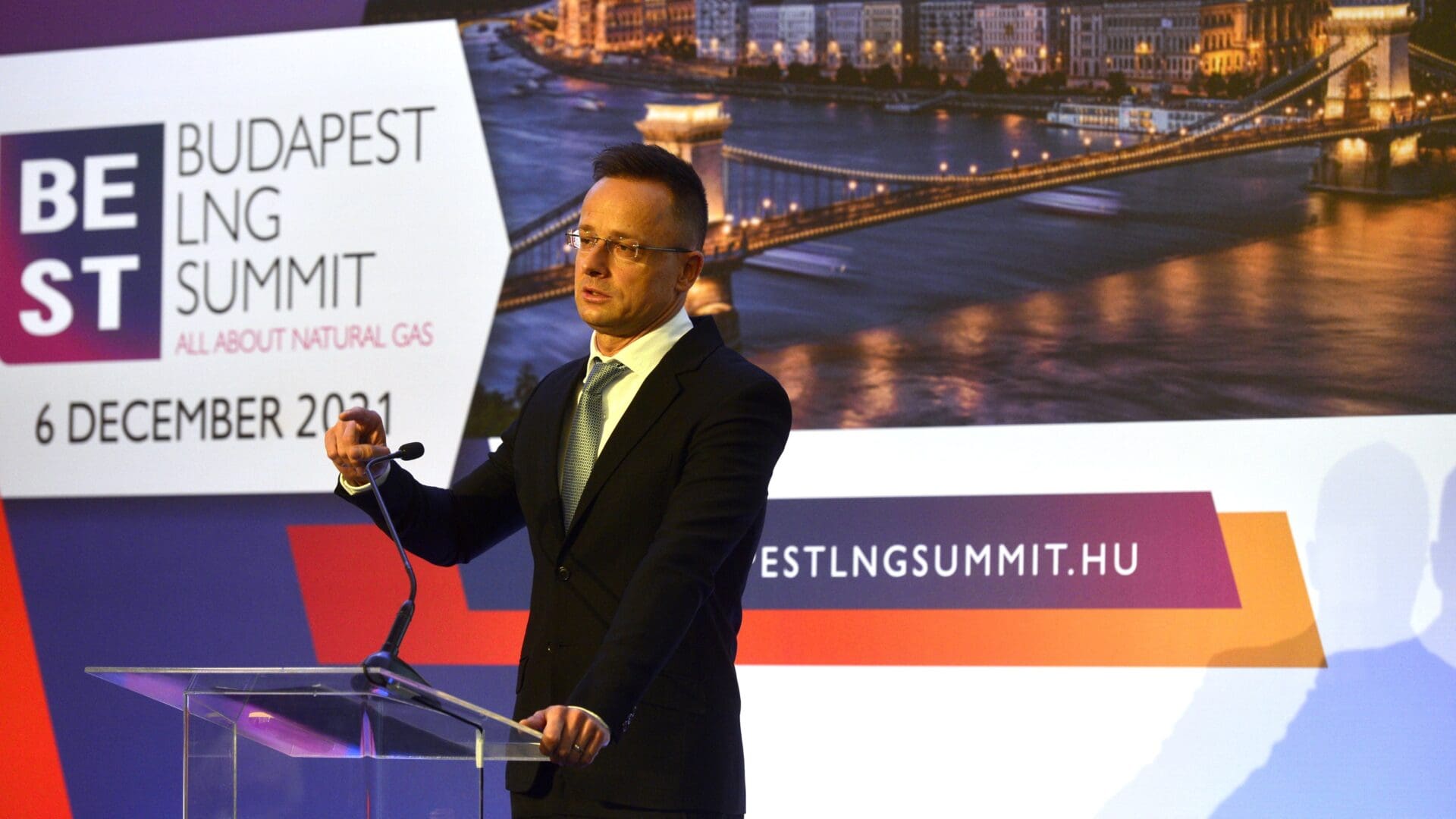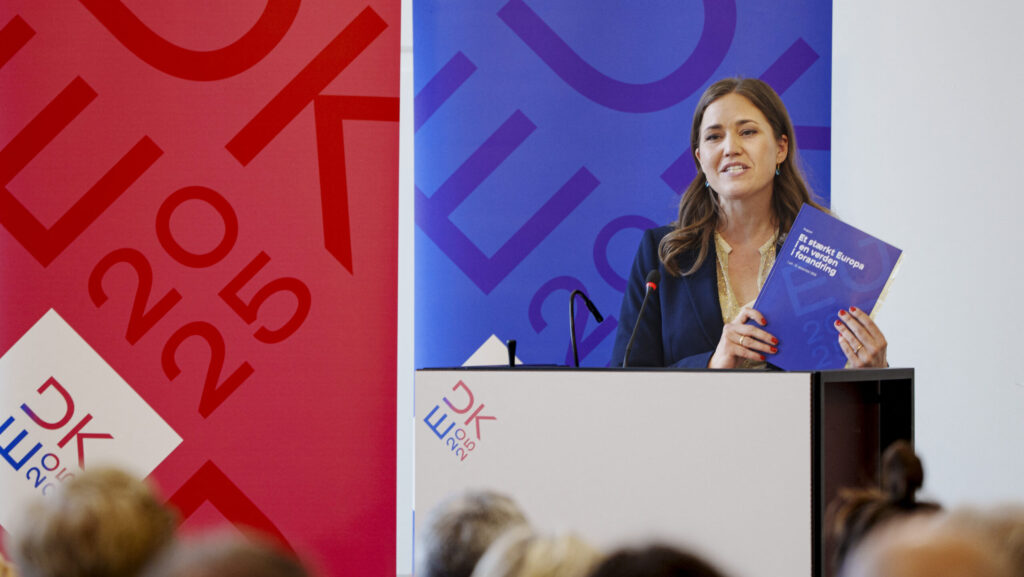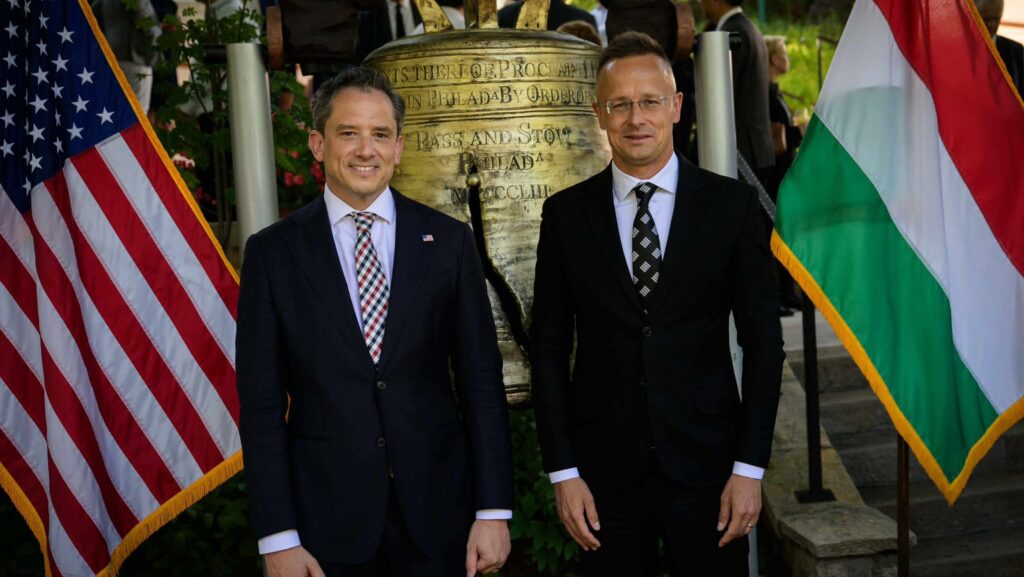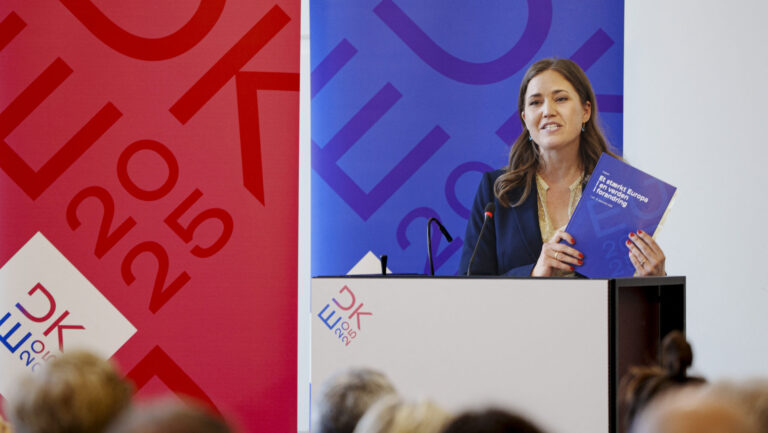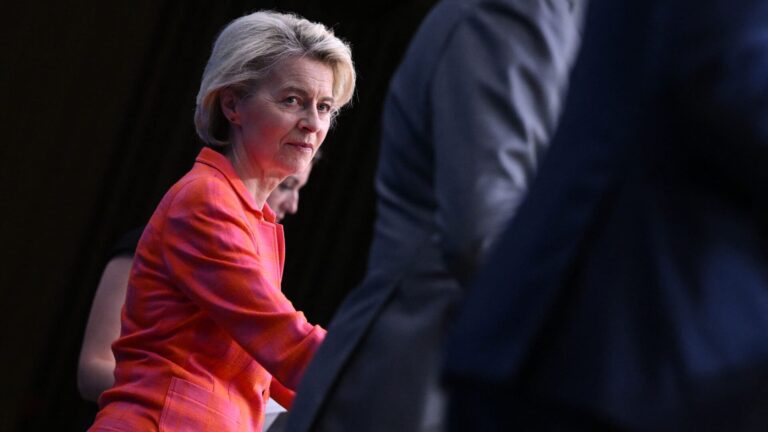The US Embassy in Budapest has singled out the Hungarian government’s energy policy in a paid Facebook ad laden with half-truths. In its video, the embassy reiterates the tiresome allegation that Hungary is the only EU member state unwilling to reduce its reliance on Russian energy.
The one-and-a-half minute video, shared by the US Embassy in Budapest, illustrates how European Union member states have endeavoured to lessen their energy reliance on Russia in the wake of the conflict in Ukraine, accompanied by dramatic music and pretentious editing techniques. The video starts with Hungarian Foreign Minister Péter Szijjártó stating that Hungary’s energy supply cannot be guaranteed without Russian sources.
Counter-examples are subsequently provided: the Czech Republic has slashed its imports of Russian gas from 80 per cent to 1.2 per cent in 2023; Poland has reduced its reliance from 57 per cent to 0 per cent; and Bulgaria has similarly decreased its dependency from 77 per cent to 0 per cent.
The video asserts: ‘The Hungarian government has chosen to augment its reliance on Russian energy…at any expense,’ purportedly substantiating this with headlines extracted from left-wing news portals, dating back months or even years, borrowed from opposition newspapers. ‘Only the Hungarian political leadership has decided to keep the country dependent on Russian energy,’ the embassy claims in the video.
But is this really so? Is Hungary indeed the sole EU member state unwilling to relinquish using Russian energy resources? Certainly not.
In the video, the embassy chose to select only examples that seemingly underpin the US accusations, yet numerous counter-examples exist demonstrating that Hungary is not alone in continuing to rely on Russian energy.
The Czech Republic, cited as a positive example in the video, had actually augmented its imports of Russian gas by the close of 2023.
At that time, the Czech government was importing more gas from Russia than from Norway, which it had turned to in an attempt to diminish its reliance on Moscow, as reported by Reuters.
Additionally, Reuters reported that
Russia’s portion of total Austrian gas imports surged to 98 per cent last December,
marking a significant increase from 76 per cent the previous month. ‘The market and the energy companies that are part of it are not fulfilling their responsibility to reduce the dependency on Russian gas sufficiently,’ Austrian Energy Minister Leonore Gewessler commented.
There is no denying that the EU as a whole has markedly decreased its energy reliance on Russia since 24 February 2022. According to the European Commission, while Russian gas constituted 45 per cent of EU gas imports in 2021, this number had dropped to 15 per cent by the first half of 2023. EU member states have slashed Russian oil imports by 90 per cent since the onset of the conflict. However, it’s worth noting that this figure does not encompass ‘cleaned’ Russian oil procured through various intermediaries such as India.
Leading in Diversification
The US Embassy’s additional accusation that the Hungarian government isn’t pursuing energy source diversification is also unfounded. In fact, as Péter Szijjártó has reiterated numerous times, diversification doesn’t entail merely shifting a country from one dependency to another. True diversification is only meaningful if it results in obtaining improved deals and accessing cheaper energy sources. In this regard,
the Hungarian government is engaged in pioneering efforts at the European level.
A prime illustration of this approach is FM Szijjártó’s recent visit to Russia, which inspired the US Embassy’s disparaging video. During his trip to Sochi, Szijjártó announced the arrival of natural gas supplies from Türkiye to Hungary starting on 1 April. This milestone positions Hungary as the first non-neighbouring country to which Ankara exports natural gas. ‘Türkiye has historically played a crucial role in Hungary’s energy supply security, primarily as a transit route. Now, however, it also emerges as a source country,’ the minister emphasized.
In addition to Türkiye, Azerbaijan has emerged as a pivotal partner for the Hungarian government in its efforts towards energy diversification. Hungary has played a significant role in facilitating the agreement between the European Union and Baku in the summer of 2022, aimed at doubling the amount of Azerbaijani gas reaching the EU by 2027. Last June, FM Szijjártó announced that 100 million cubic metres of Azeri gas would be delivered to Hungary by the end of 2023. As he stated: ‘The delivery that has just started could lay the groundwork for a long-term gas purchase agreement, potentially bringing up to 2 billion cubic meters of natural gas annually from the Caucasus.’
Following up on this, last December saw the initiation of a new energy agreement involving Azerbaijan and two EU Member States, Hungary and Romania, alongside Georgia. This accord entails Azerbaijan exporting green electricity to Europe, with the requisite infrastructure being developed through collaborative efforts, supported financially by the European Union.
Moreover, in January 2024, the Hungarian government finalized an agreement with Qatar, paving the way for the signing of a long-term contract for the import of Qatari liquefied natural gas (LNG) to Hungary starting from 2026.
Péter Szijjártó remarked: ‘Hungary has managed to uphold its energy security even during the most challenging periods because we do not approach energy procurement from an ideological or political point of view, but rather from a practical, physical perspective, employing common sense.’
That being said, it’s undeniable that Russian gas still constitutes a substantial portion of Hungary’s energy imports. However, asserting that the government isn’t adequately diversifying is disingenuous political posturing, something we would not expect from the embassy of an allied state.
Related articles:

